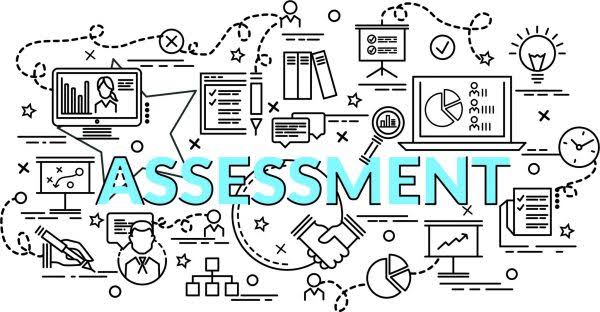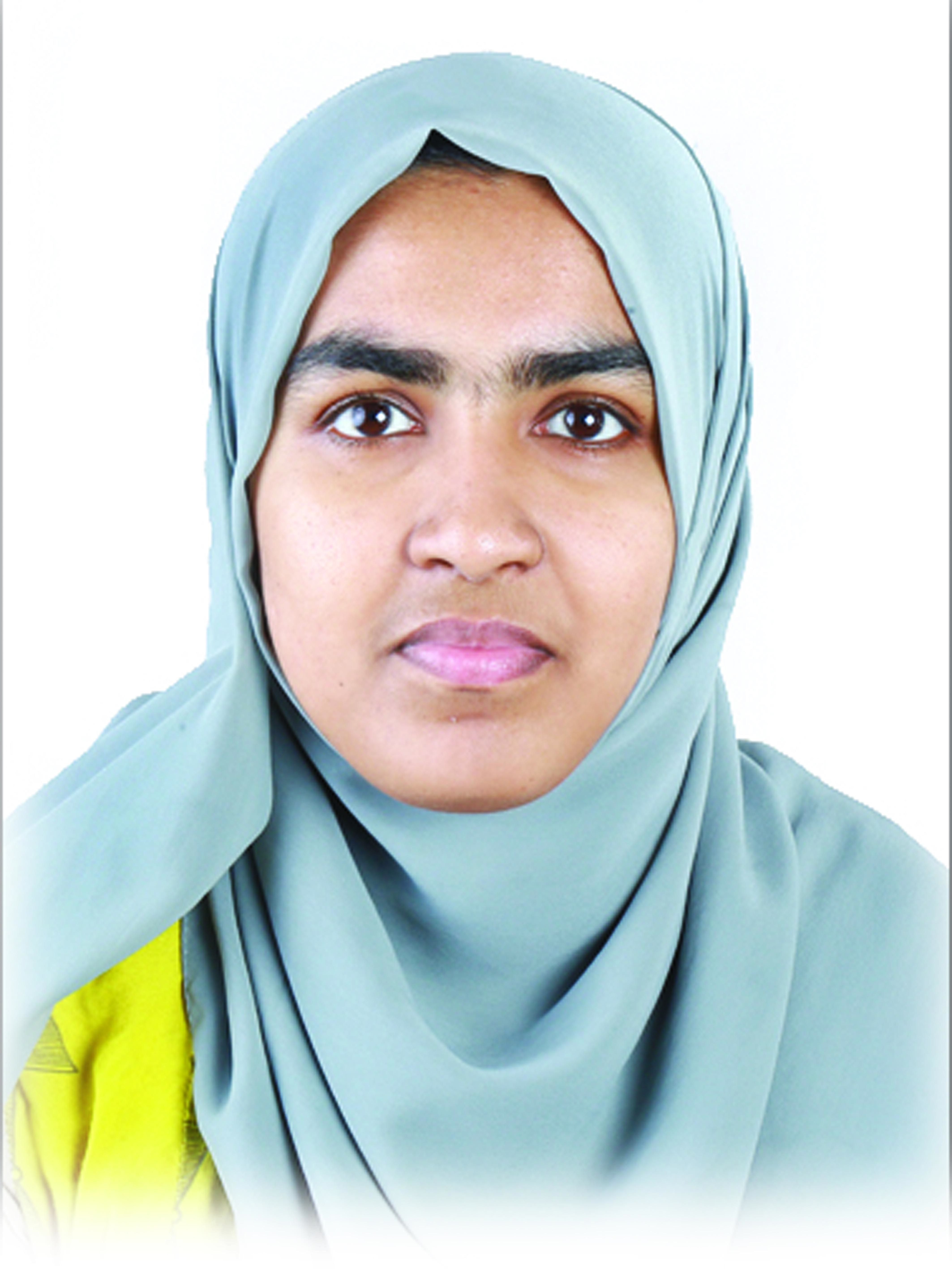
EDU 08 - ASSESSMENT FOR LEARNING
Maximum Marks: 100 (External: 80, Internal: 20)
Contact Hours: 100 (Instruction)
🔺🔸🔻🔺🔸🔻🔺🔸🔻🔺🔸🔻🔺🔸🔻🔺🔸🔻🔺🔸🔻
Course Objectives
On completion of this course, the students will be able to:
- Describe the meaning and role of assessment in learning.
- Know the principles of assessment practices.
- Understand the assessment practices in various approaches of teaching.
- Differentiate different types of assessment.
- Identify tools and techniques for classroom assessment.
- Develop necessary skills for preparation of achievement tests and diagnostic tests.
- Point out key issues in classroom assessment.
- Understand how assessment can be possible in inclusive settings.
- Master various statistical techniques for reporting quantitative data
🔺🔸🔻🔺🔸🔻🔺🔸🔻🔺🔸🔻🔺🔸🔻🔺🔸🔻🔺🔸🔻🔺🔸🔻🔺🔸
Task & Assignment
- Prepare a tool for measuring any of the affective outcomes of the learner, administer it to a group of students (N>30), and interpret the result.
- Visit the nearby school and collect information regarding the advantages and disadvantages of CCE from teachers and prepare a report.
🔺🔸🔻🔺🔸🔻🔺🔸🔻🔺🔸🔻🔺🔸🔻🔺🔸🔻🔺🔸🔻🔺🔸🔻🔺🔸
Transaction Mode
Lecture-cum-Discussion, brainstorming, group discussion, individual and group exercises, assignments.
🔺🔸🔻🔺🔸🔻🔺🔸🔻🔺🔸🔻🔺🔸🔻🔺🔸🔻🔺🔸🔻🔺🔸🔻🔺🔸
Course Tutor

Afeefa Thaqib
- Teacher: Dr.Afeefa Thaqib

